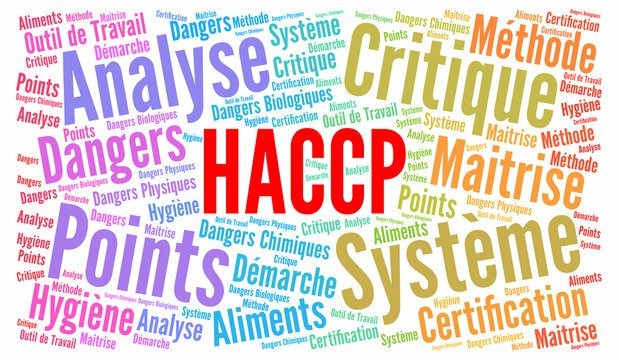


 349,500 Offered Certificates
349,500 Offered Certificates
 24/7 Online Training
24/7 Online Training
 Money Back Guarantee
Money Back Guarantee
 Fully Accredited Courses
Fully Accredited Courses

Created at: 26-02-2025 13:28
In the rapidly evolving food industry, ensuring the safety and quality of food products is paramount. HACCP (Hazard Analysis Critical Control Point) training is not just a recommendation; it is a legal requirement for food businesses across Ireland, including bustling cities like Dublin, Cork, Galway, Limerick, Waterford, and Belfast. In this comprehensive guide, we’ll explore why HACCP training is essential for your establishment, how it helps meet Irish and EU food safety laws, and the numerous benefits it brings.
HACCP is a systematic approach to food safety that identifies, evaluates, and controls hazards throughout the food production process. The principles of HACCP include:
The Food Safety Authority of Ireland (FSAI) mandates that all food businesses implement HACCP principles as part of their food safety management system. This requirement aligns with EU food safety laws designed to protect consumers and ensure high standards across the food industry.
In cities like Dublin, Cork, and Galway, regulatory authorities enforce these standards rigorously, and non-compliance can lead to severe penalties, including fines and business closure. Therefore, investing in HACCP training is not only a means of compliance but a crucial step in protecting your business and your customers.
Obtaining HACCP certification offers numerous advantages:
Getting HACCP certified involves several key steps:
With the rise of digital education, many food businesses in Dublin, Cork, and other Irish cities are opting for online HACCP training. This option provides flexibility and accessibility, allowing staff to complete their training at their own pace. However, in-person training may offer more hands-on learning opportunities and is preferable for teams that benefit from direct interaction.
Many food businesses encounter issues when implementing HACCP. Common mistakes include:
Avoid these pitfalls by committing to thorough training and consistent monitoring.
Once approved, businesses must consistently adhere to HACCP guidelines. Conduct regular audits to assess compliance and area for improvement. This proactive approach ensures ongoing safety and adherence to food hygiene laws in Ireland.
In summary, HACCP certification is not only a legal requirement for food businesses in Dublin, Cork, Galway, Limerick, Waterford, and Belfast, but it is also an investment in the safety and integrity of your operations. By prioritizing HACCP training and compliance, you enhance your reputation, protect your customers, and secure the future of your business.
To get started on your path to HACCP certification, consider enrolling in our comprehensive HACCP training courses tailored for various professionals across the food industry. For more information or to inquire about course options, reach out to us at [email protected].